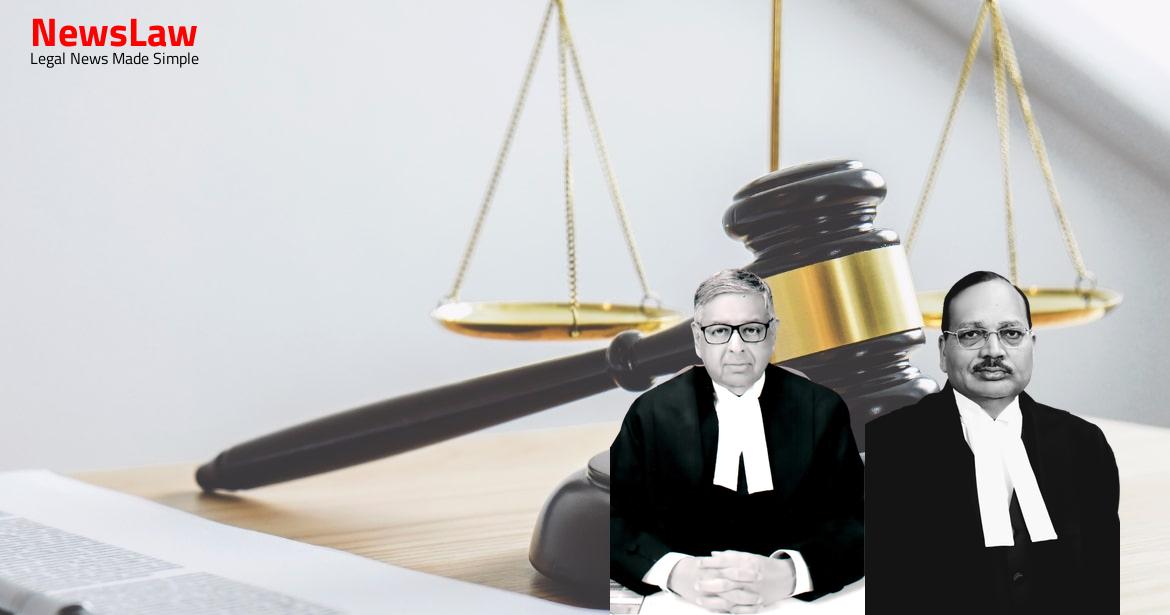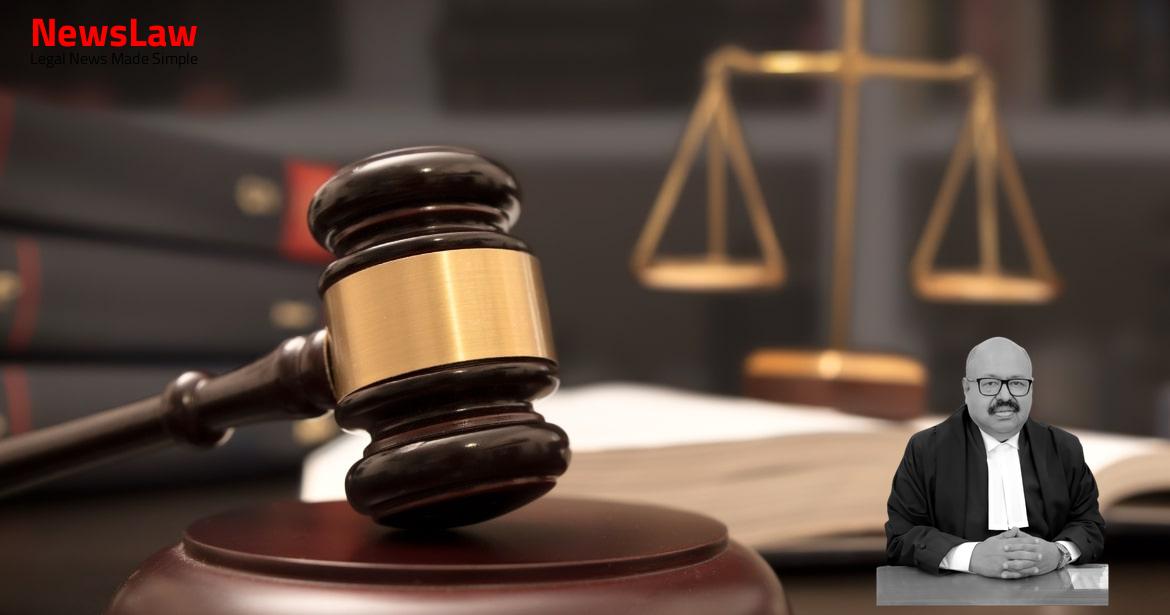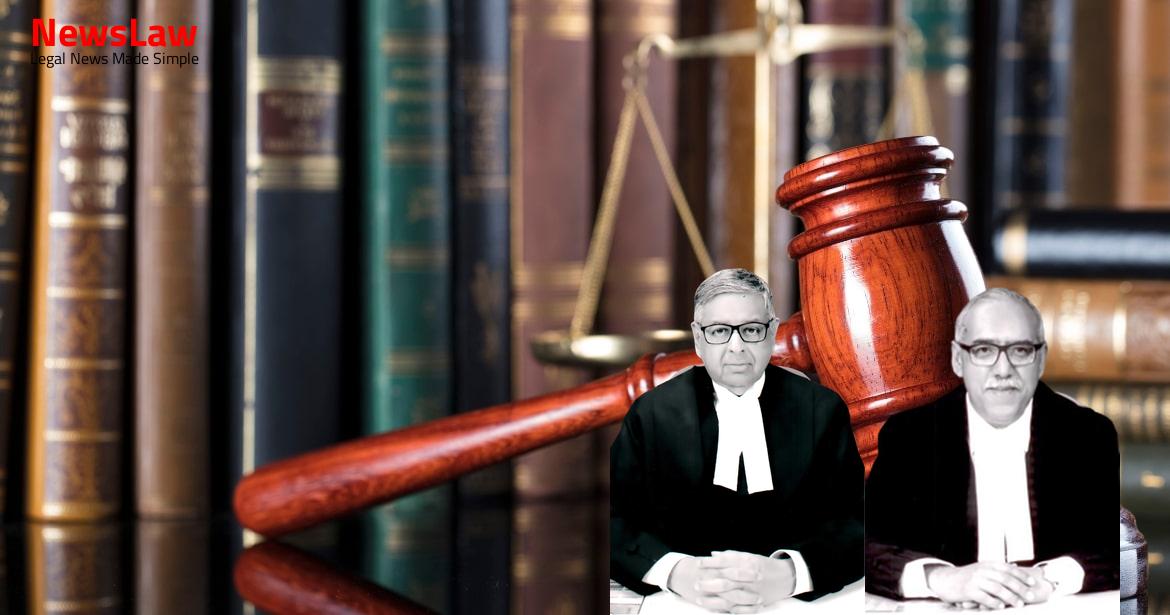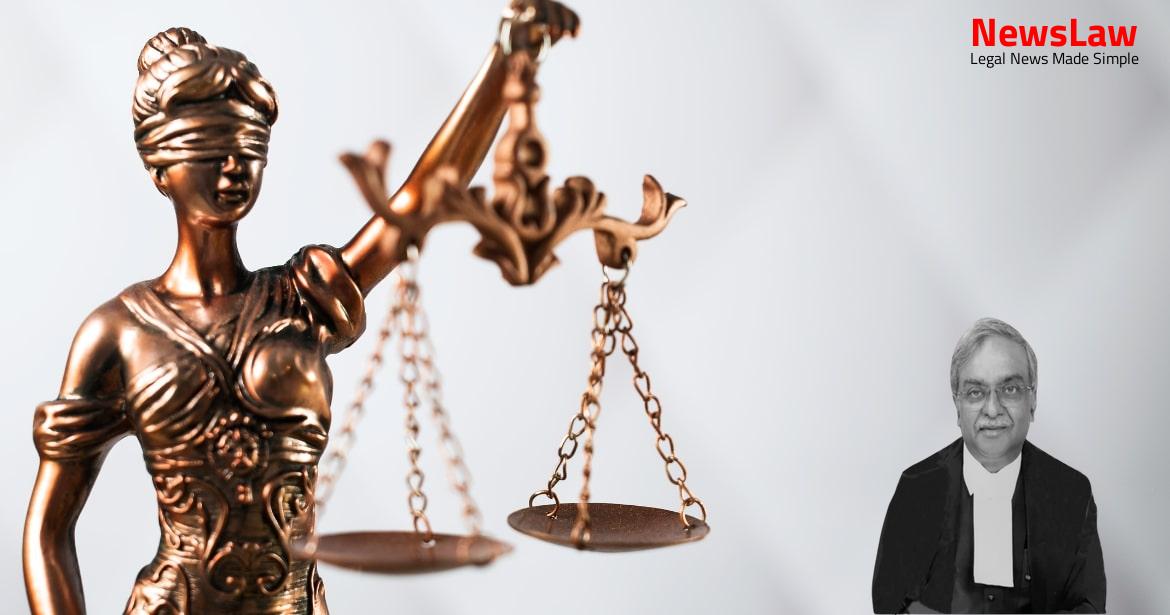In criminal proceedings, the issue of whether charges framed under different sections of the IPC can be interchanged or converted during a trial is of significant importance. This blog delves into the court’s legal analysis on this matter, focusing on the complexities and implications of such conversions in ensuring justice is served effectively.
Facts
- Six accused were convicted for the offence under Section 307 read with Section 149 of the IPC and under Section 148 of the IPC.
- Three accused, namely Rajinder, Hawa Singh, and Beero, were acquitted by the High Court due to lack of evidence and benefit of doubt.
- Remaining three convicts – Rohtas, Sanjay, and Bijender, had their conviction upheld with a reduced sentence of five years and a fine of Rs. 1,00,000 each.
- Accused were part of an unlawful assembly that caused serious injuries to the complainant.
- On 25.01.1998, the complainant Ranbir Singh was assaulted by seven accused with axes, resulting in severe injuries to his legs, hand, and head.
- The injuries included lacerations on various body parts, including the scalp, legs, and hand.
- Eyewitness Balwan (PW-3) provided detailed evidence of the assault and injuries sustained by Ranbir.
- Accused claimed innocence citing local village politics, but evidence contradicted their claims.
- Medical evidence revealed fractures, vascular injuries, and nerve damage in Ranbir’s legs, leading to eventual amputation.
- Despite the accused’s threats and severe injuries, the complainant bravely reported the incident to the police and underwent treatment.
- The case was registered under multiple sections of the IPC, and all accused were arrested and prosecuted for their actions.
Also Read: Analysis of Suppression of Information in Employment Selection: Legal Perspective
Issue
- Can a charge framed with the assistance of Section 149 IPC be converted to one read with Section 34 IPC or even a simplicitor individual crime?
- Issue of whether charges framed under different sections of the IPC can be interchanged or converted during the course of a trial.
- Significance of determining the correct charging section in criminal proceedings.
Also Read: Analysis of Cheating and Forgery in Passport Case
Arguments
- In support, learned counsel for the appellants relied upon Amar Singh v. State of Punjab, and Dhupa Chamar v. State of Bihar.
- It was urged that the minimum number of persons required to constitute an ‘unlawful assembly’ and sustain any charge under Section 149 IPC is five.
- Emphasis on not taking a lenient view of injuries due to their nature
- Reliance on Subran v. State of Kerala to argue against converting the case to one under Section 307 IPC at an advanced stage
- Doubt expressed about the prosecution story as the main witness was considered interested and no independent witnesses were examined
- Argument made that after serving part of their sentence and being out on bail for almost a decade, it would not be just to send the appellants back to jail
- Request for the sentence to be reduced to the time already served by the appellants
- Contrast between the respondent’s stand on intermittent hearing dates and that of the appellants
- Prosecution’s case based on the premise of attempt to murder involving seven individuals with a common intention and prior agreement
Also Read: Discrepancy in Date of Birth: Court’s Legal Analysis
Analysis
- The duty of the prosecution is to seek not just conviction but to ensure that justice is done.
- An offence under Section 307 IPC is clearly made out against each of the three appellants.
- Conviction under Section 302, I.P.C. can be based only on proof of the fact that the individual act caused the victim’s death.
- The acquittal in the case was not based solely on the failure to fulfill Section 149 IPC requirements, but also on the absence of evidence for a substantive offence.
- Independence of witnesses needs to be assessed based on the case’s facts and circumstances.
- There are differences between Section 34 and Section 149 of IPC in assigning liability.
- Altering charges under Section 386 of CrPC gives flexibility to ensure justice is not defeated by technicalities.
- The best available evidence must be presented by the prosecution, even if independent witnesses may be lacking in a violent crime case.
- Acquitting all others led to the High Court convicting the appellant under Section 302 IPC without the aid of Section 149 IPC.
- Specific roles were attributed to each appellant establishing individual participation in the crime.
- The injuries inflicted were severe and led to disability, indicating an intent to cause harm and death.
- The defence strategy should not be adversely affected by any alterations in charges or late changes.
- The presence of third-parties at the time of the incident should be weighed against the evidence available.
- The prosecution must not withhold the best evidence collected during investigation.
- Leniency consideration for the appellants due to their extended liberty needs assessment.
- The case was analyzed based on the conduct of the accused as narrated by witnesses and the injured party.
- Courts have the authority to determine the possibility of an independent conviction if group prosecution under Section 149 IPC fails.
- In Amar Singh v. State of Punjab, the court established that a conviction under Section 302 without the aid of Section 149 is feasible if the accused’s overt act independently caused the fatal injury leading to death, supported by medical evidence.
- Wrongful acquittal by the High Court would not prevent a conviction under Section 302 with the aid of Section 149 IPC.
- The charge under Section 302 with the aid of Section 149 can be converted to one under Section 302 with Section 34 if the criminal act done by a smaller group in furtherance of common intention is proven.
- The same principle applies when individuals are tried with the aid of Section 34, IPC.
- In the case of Krishna v. State of Maharashtra, the permissibility of convicting an accused individually under a simplicitor provision after group conviction with the aid of Section 149 IPC fails, was further explored.
- The concretization of this legal position was seen in Willie (William) Slaney v. State of MP and Chittarmal v. State of Rajasthan.
- In situations where evidence indicates that the injuries causing death were inflicted by multiple individuals, individual guilt may be attributed based on the specific actions of each person.
- In Nallabothu Venkaiah v. State of Andhra Pradesh, it was emphasized that in cases where the evidence shows that the deceased sustained injuries from various sources leading to death, individual liability based on specific actions causing severe injury is applicable.
- The appeals of the appellants were found without merit regarding their conviction under Section 307 of IPC.
- The appellants and their co-accused were armed with deadly weapons during the attack on the complainant.
- The plea for a reduction in sentence based on equitable considerations was rejected by the court.
- The appellants have not served even half of their sentence period.
- The court emphasized that enjoying the more productive part of their lives outside jail cannot be considered a mitigating factor.
- The court expressed concerns that any leniency towards the appellants could result in injustice towards the victim of the crime.
- Ultimately, the court found no justification to show leniency and reduce the sentence for the appellants.
Decision
- Conviction under Section 148 set-aside
- Appellants to serve remainder of five-year sentence as awarded by High Court
- Bail bonds cancelled
- State of Haryana directed to take appellants into custody
Case Title: ROHTAS Vs. THE STATE OF HARYANA (2020 INSC 694)
Case Number: Crl.A. No.-000038-000038 / 2011



